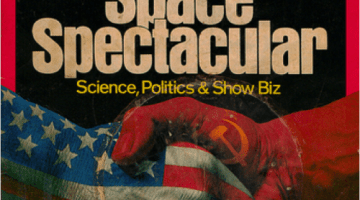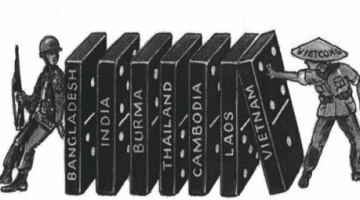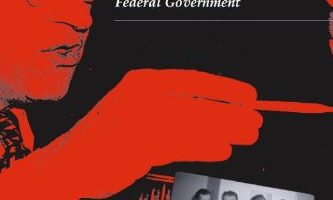Transpacific China in the Cold War
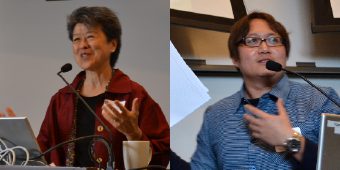
Last week scholars from around the world gathered at the UT Institute for Historical Studies for a conference on Chinese diaspora and the Cold War. The conference was organized by UT historian Madeline Hsu and her colleagues in Hong Kong and the US. You can read a summary of the research they presented here.
Cold War Smoke: Cigarettes Across Borders
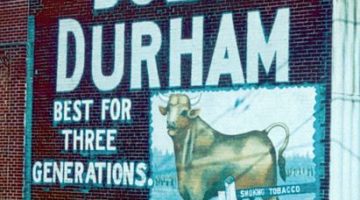
Bulgaria became one of the most important points of entry for Phillip Morris, RJ Reynolds, and other US tobacco companies to penetrate the Iron Curtain into a growing and untapped market. While the direct imports of cigarettes into the Bloc remained limited, Bloc states signed licensing agreements with US companies in the mid-1970s that resulted in the production of Marlboro (Phillip Morris) and Winston (RJ Reynolds) in local factories.
Year Zero: How Communism and the Cold War Deformed Cambodia
The Lavender Scare: The Cold War Persecution of Gays and Lesbians in the Federal Government by David K. Johnson (2006)
Undergraduate Essay Contest Honorable Mention: The Global Cold War by Odd Arne Westad (2007)
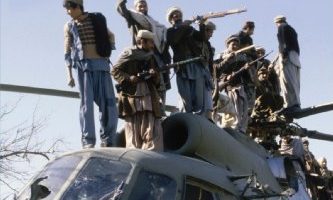
The Global Cold War by Odd Arne Westad is a fascinating account of superpower interventions in the Third World during the latter half of the twentieth century. Covering a wide sweep of history, Westad argues that the United States and the Soviet Union were driven to intervene in the Third World by the ideologies inherent in their politics.
The Last Colonial Massacre: Latin America in the Cold War by Greg Grandin (2004)
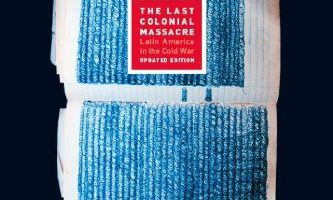
The Last Colonial Massacre: Latin America in the Cold War combines incisive analysis of Cold War repression in Guatemala with a history of the country's century-long mobilization leading up to the 1978 Panzós massacre that resulted in the deaths of Q’eqchi’ Maya men, women, and children. The Panzós massacre launched an intense and brutal escalation of violence, the effects of which continue to reverberate in contemporary Guatemalan society.
Manhattan Projects: The Rise and Fall of Urban Renewal in Cold War New York by Samuel Zipp (2010)
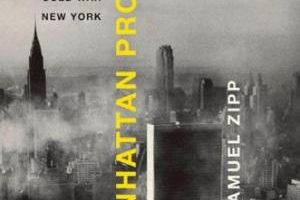
In the 1970s the United Nations complex and the public housing projects of East Harlem projected two disparate images of New York City. If the UN displayed the city’s position as a global capital of culture, politics, and economics, the deteriorating housing projects showed the city’s struggles with overcrowding, high crime rates, and poverty.
The Atomic Bomb and the Origins of the Cold War by Campbell Craig and Sergey Radchenko (2008)
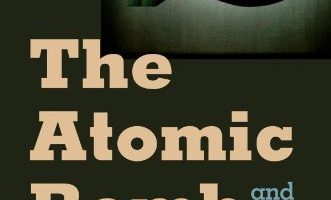
Any work of history that attributes the start of the Cold War to a single factor will surely invite criticism, but Campbell Craig and Sergey Radchenko’s The Atomic Bomb and the Origins of the Cold War makes a compelling case for running that risk.
For the Soul of Mankind: The United States, the Soviet Union, and the Cold War by Melvyn P. Leffler (2008)
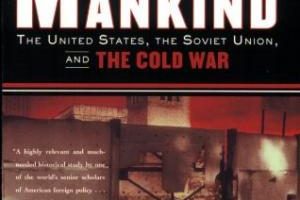
In this accessible and remarkably balanced synthesis, Melvyn Leffler, one of the most distinguished and prominent historians of American foreign relations, offers a refreshing interpretation of Cold War policymaking from the vantage points of both Washington and Moscow.
